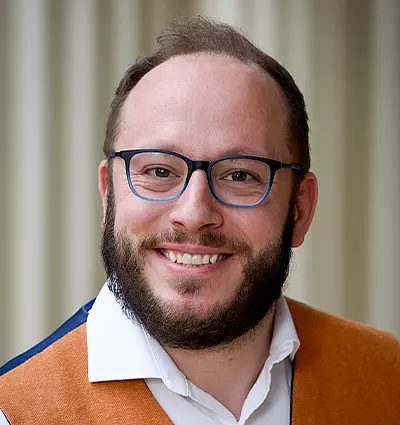Education
PHD, University of Connecticut
MA, New School for Social Research
BA, Universidad Publica de Navarra
About Me
I didn’t plan to become a sociologist. In high school, I was set on becoming a video game developer—until I failed math and physics. After retaking some classes and getting through the SATs, I chose sociology at my local college mostly because it was available. It turned out to be the best decision I could have made. From the very first class, I was drawn in. I hadn’t expected to care about social theory or institutions, but I was hooked.
During my undergraduate degree, I spent a year abroad in Birmingham, England. I worked for faculty members there and gained mentors who encouraged me to take sociology seriously. I graduated magna cum laude with a BA in Sociology.
After graduation, I was once again unsure of what to do next. I went to Madrid and completed a screenwriting program, moved to New York, worked at a cultural foundation, and spent two years as a barista. It took some time, but I eventually decided to return to academic sociology. I enrolled in the MA program at The New School for Social Research and received a Fulbright scholarship. After that, I completed my PhD at the University of Connecticut, and I’ve been moving around the US in different positions until I landed at Susquehanna.
One of my undergraduate professors once told me that studying sociology spoils society for those who study it. I’ve come to see it differently. Sociology helps us recognize the social forces and systems that shape our experiences—and that insight can be empowering. It gives us tools to understand how things work, how people are affected, and how change happens.
Most sociology graduates don’t go on to become academics. But the perspective and critical thinking it fosters can be applied across many fields—policy, education, activism, media, public health, and more. No matter where you end up, sociology sticks with you. It’s not about learning what to think—it’s about learning how to see.
